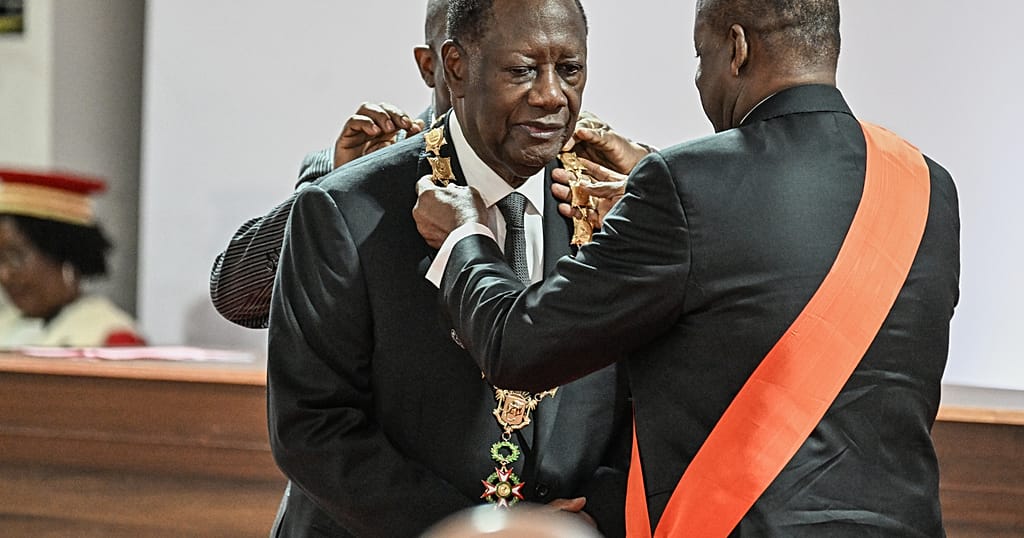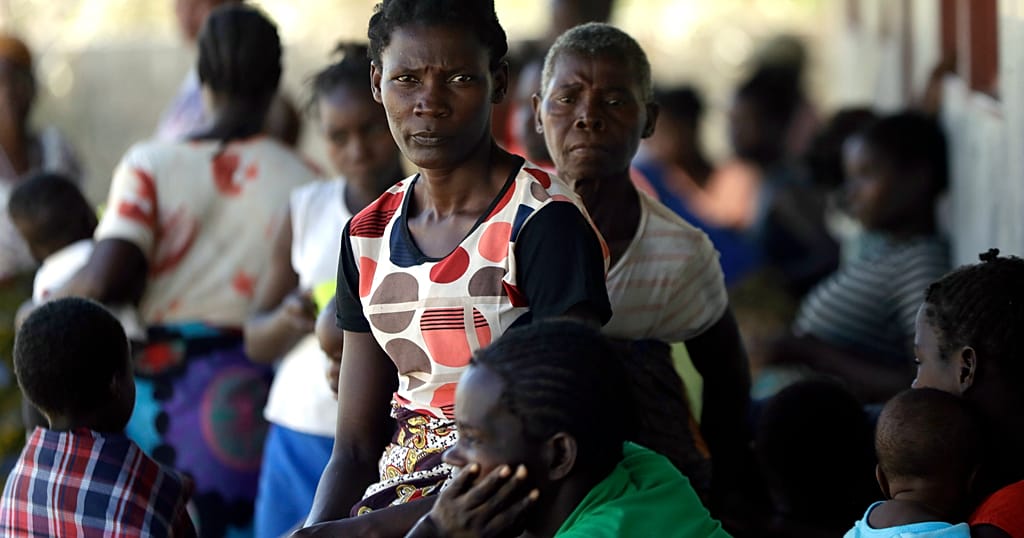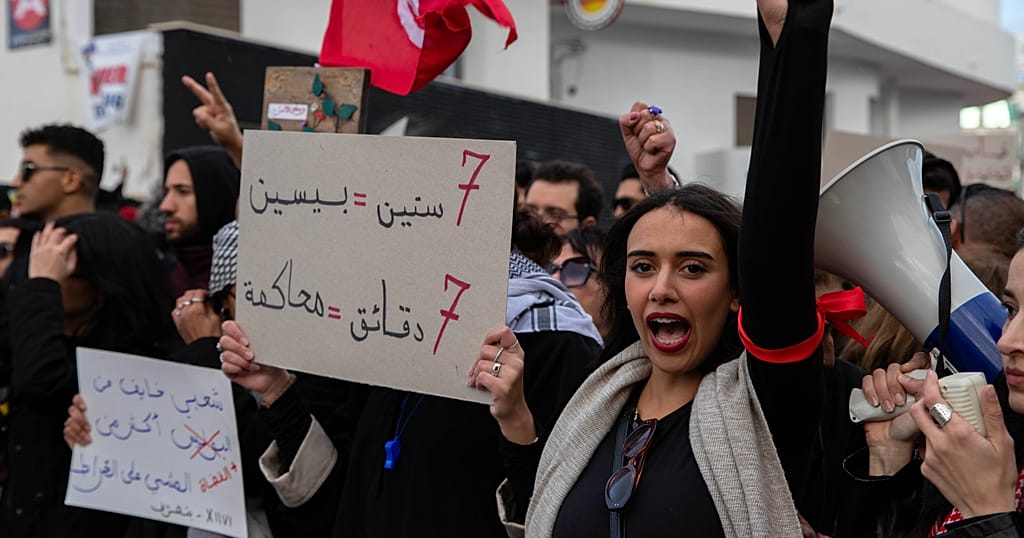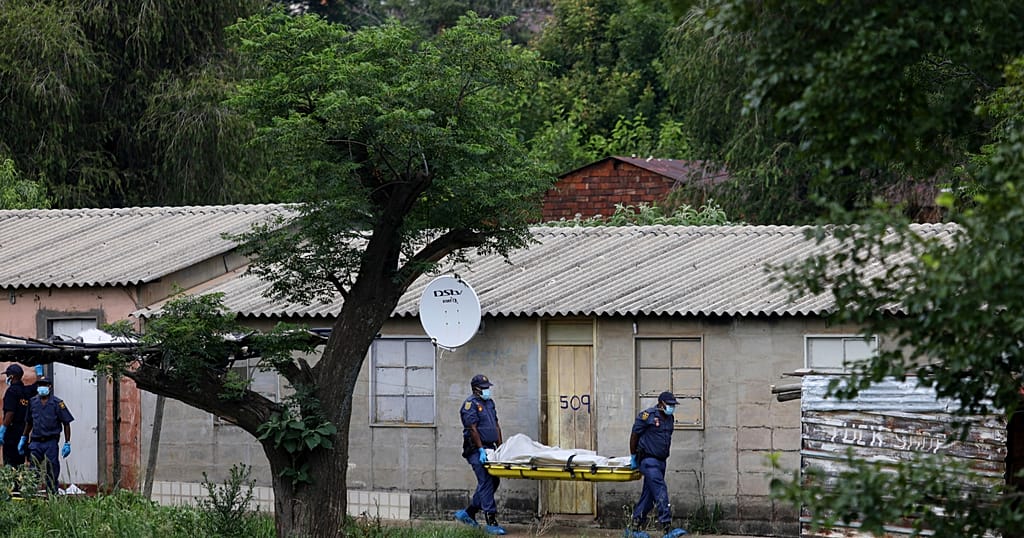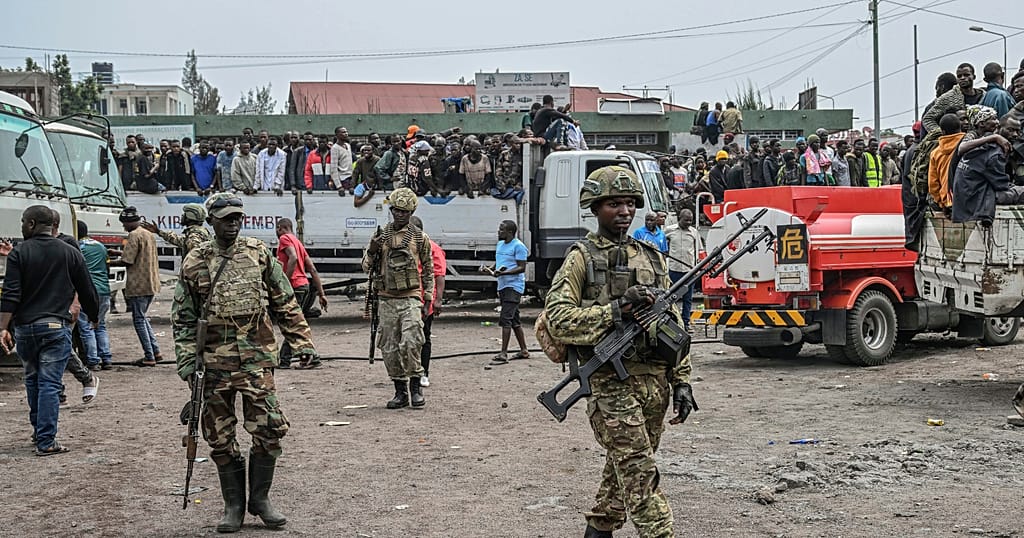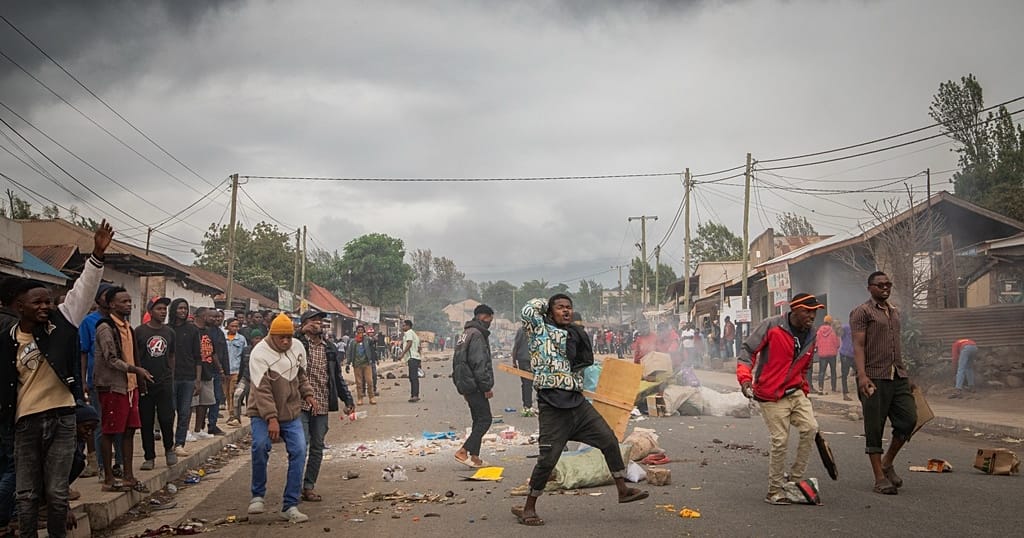Outrage in Ethiopia over sentence for man who raped and killed 7-year-old
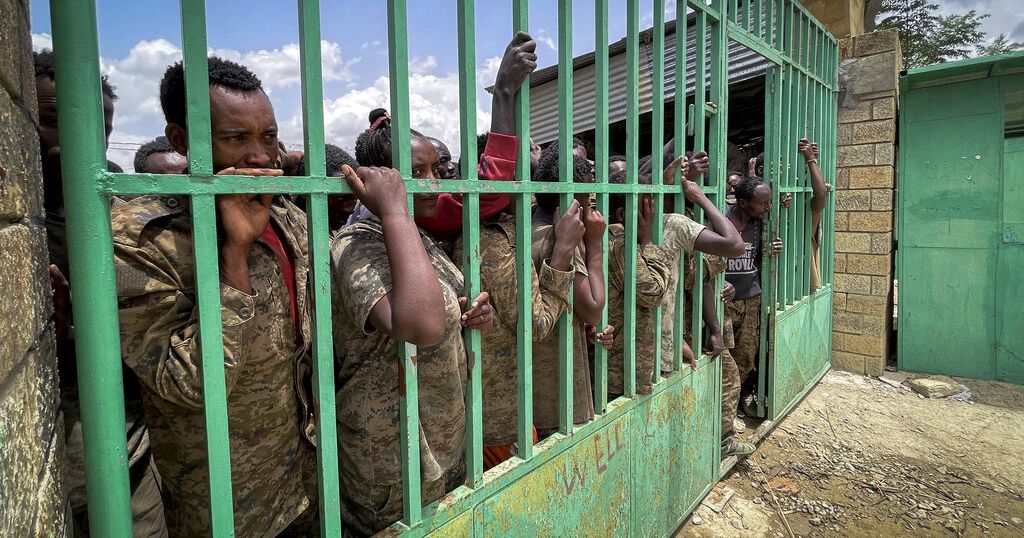
The sentencing of Getnet Baye to 25 years in prison for the brutal rape and murder of seven-year-old Heaven Awot has sparked widespread anger in Ethiopia. Many believe the punishment is too lenient for the severity of the crime.
Heaven was attacked by her mother’s landlord, Getnet, last August in Bahir Dar, Amhara region. Following his sentencing last week, Getnet has announced plans to appeal. The case has been adjourned until October.
Heaven’s mother, Abekyelesh Adeba, told the BBC she feels “lifeless” after losing her daughter. Over 200,000 people have signed an online petition calling for a harsher sentence and expressing support for Abekyelesh.
The Ethiopian Women Lawyers Association (EWLA) condemned the 25-year sentence as “very light,” suggesting that life imprisonment or the death penalty would be more appropriate given the nature of the crime and the victim’s age. Government officials, including Minister for Women and Social Affairs Ergogie Tesfaye, have also criticized the ruling, calling the crime “inhumane” and promising to address the issue.
Heaven’s death has ignited a broader debate about the safety of women and girls in Ethiopia. A recent Human Rights Watch report highlighted an increase in sexual violence linked to the ongoing conflict in the Tigray region.
Before her death, Heaven’s family had been affected by the Tigray conflict, with her father imprisoned and then fleeing to Tigray. Her mother had trusted her landlord, but this trust was betrayed when Heaven was attacked while in the care of her aunt. Her mutilated body was later found outside their home.
Abekyelesh’s grief was compounded by Getnet’s escape from custody, following a break-in by local militias. For nearly a month, Getnet evaded capture, threatening Abekyelesh, who was forced to move frequently due to fear.
She now fears that justice may not be served if Getnet’s appeal succeeds. “I have lost my Heaven… I am lifeless,” Abekyelesh told the BBC. As a health worker, she knows her daughter’s case is not unique, highlighting the broader issue of violence against women and girls in Ethiopia.
Source: Africanews


